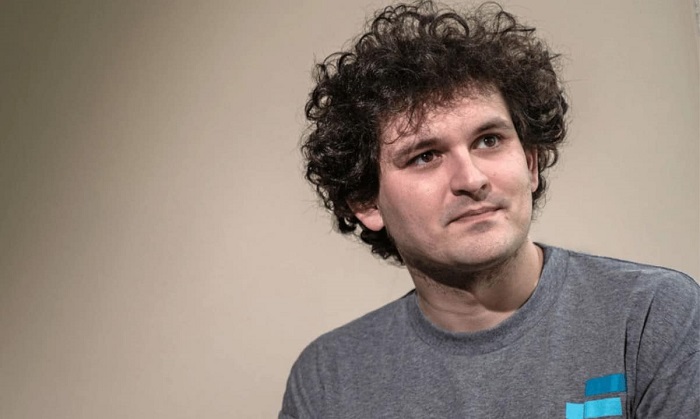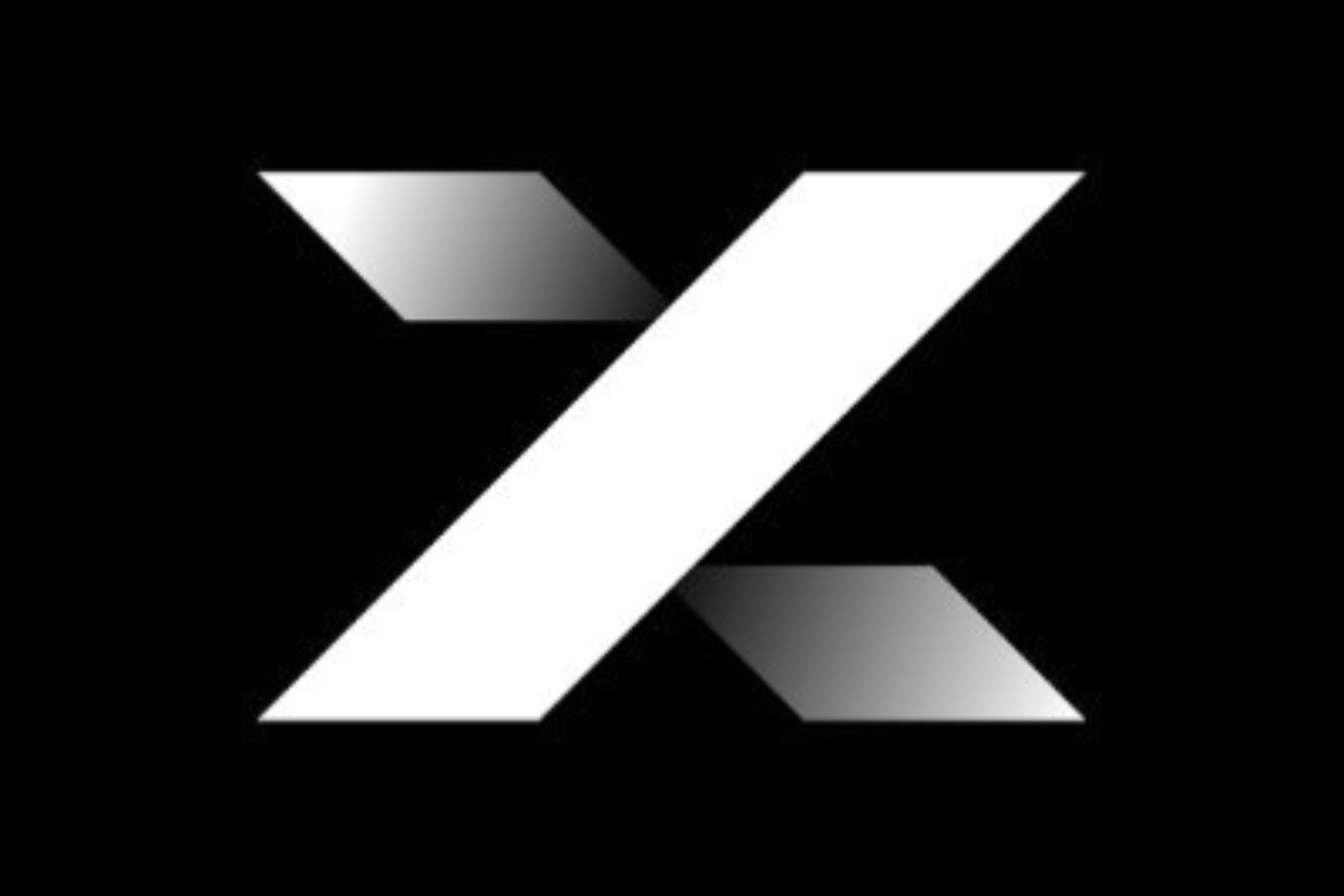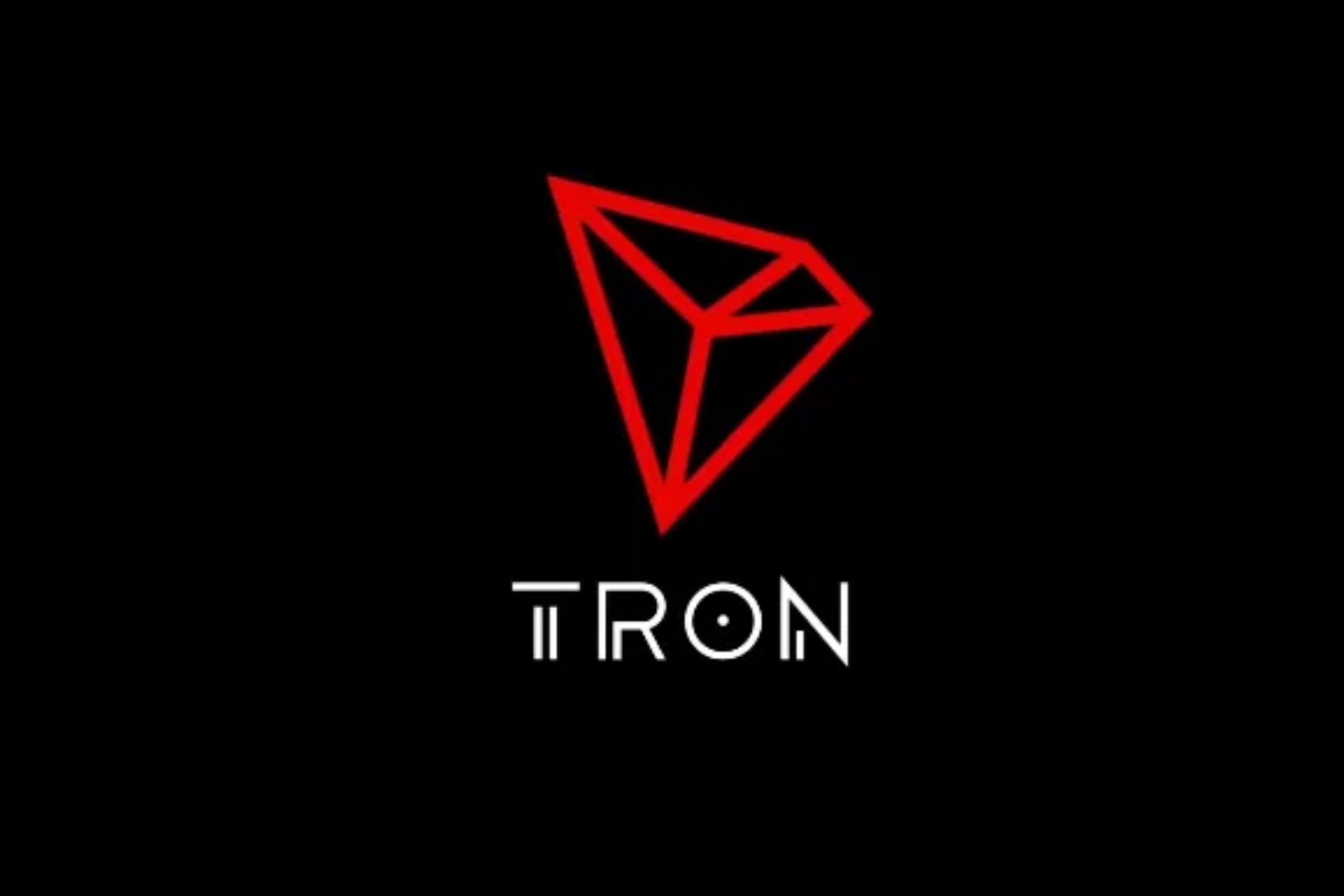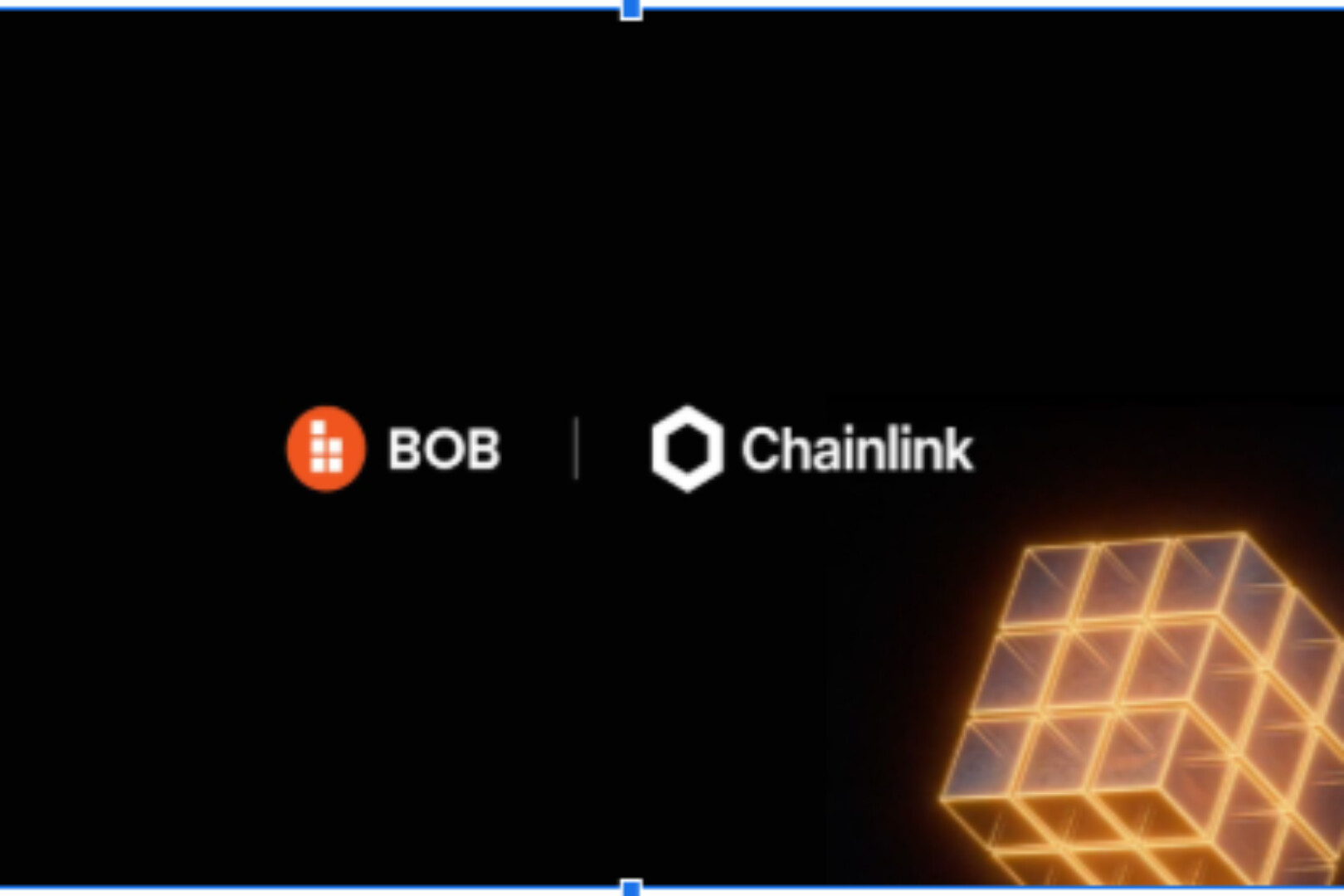This article comes fromCryptopotato, Original Author: Jordan Lyanchev & Dimitar Dzhondzhorov
Odaily Translator |

Odaily Translator |
Regulation is always the sword of Damocles hanging over the cryptocurrency industry.
Perhaps because of this, Sam Bankman-Fried, the founder of the cryptocurrency derivatives exchange FTX, has to spend five hours a day studying encryption regulations. His purpose is only one-to ensure that the platform can comply with regulatory measures. According to Sam Bankman-Fried himself, the endless stream of cryptocurrency regulations has forced him to "spend" so much time studying and researching every day, especially the recent regulatory measures for the stablecoin Tether.
secondary title
SBF supports Tether?
In June 2021, Eric Rosengren, president of the Federal Reserve Bank of Boston, “fired” on Tether, arguing that Tether’s (USDT) basket of reserve assets looked very much like a “risky More importantly, this "fund" has encountered a lot of trouble in 2020. Tether's reserve assets include commercial paper, and the cash ratio is very low. If it holds so many corporate papers and corporate bonds, it means that there is no People know what these notes and liabilities are, which is a big contradiction to Tether (USDT) who has claimed for years that they only invest in cash or cash-like assets.
Last week (August 10), Tether released its second transparency report, which showed that $30.8 billion of its $62.7 billion in reserves came from commercial paper and certificates of deposit, but critically, only 10% of Tether's reserves came from Cash and bank deposits, the report comes after Tether broke down its reserves in May this year. The report also disclosed that as of March 31, 2021, 76% of Tether's reserves were held in cash or cash equivalents, but the cash support rate was less than 3%. Although Tether has repeatedly claimed that its reserves are 100% cash-backed, the situation seems to be far from expectations. What's even more "scary" is that about a quarter of Tether's remaining pooled reserves are not held in cash or cash equivalents, but in secured loans, bonds, and other investment targets including Bitcoin.
Despite the controversy, Sam Bankman-Fried said that the FTX exchange will continue to support Tether (USDT), in his words:
"We have to stay ahead."
In a recent interview with CNBC, 29-year-old Sam Bankman-Fried stated that he has to spend a lot of time every day researching cryptocurrency regulations and licensing:
“FTX is applying for licenses in multiple jurisdictions and we have to stay ahead of the curve and constantly adapt to the new environment. This fixed time frame of five hours or so is important to me, going from regulation to licensing and everything in between. I need to think about everything."
As of now, the regulatory framework for crypto derivatives has not been fully defined. According to him, as the field continues to evolve over the next few years, so will the situation:
Afterwards, Sam Bankman-Fried went on to talk about Tether-although stablecoins have been the number one regulatory target of US regulators for many years, he said he is not worried because there is already an "open order book" on the FTX platform . He added that USDT is a cryptocurrency that can be used on FTX like any other digital asset.
secondary title
Tighter Regulation: SBF Explains Why FTX Is Deep in the KYC Process
In fact, Sam Bankman-Fried has promised that cryptocurrency exchange FTX will continue to work on KYC/AML, and given the recent regulatory scrutiny of the entire industry by global regulators, any digital asset exchange should strive to comply with regulatory requirements.
In fact, as Sam Bankman-Fried noted, the cryptocurrency industry has seen massive growth over the past year, and to some extent, the highly unregulated nature of cryptocurrencies has also caught the attention of global regulators, especially the Center for The digital asset exchange is an important part of the entire encryption ecosystem, so it will face regulatory scrutiny in many countries.
Frankly speaking, some cryptocurrency exchanges may only have a certain KYC compliance strategy, while others choose to implement different compliance strategies at different stages. There are not as many exchanges that can comply with "KYC is required to perform cryptocurrency deposits, cash withdrawals and transactions". Certain jurisdictions choose to implement a legislative framework similar to traditional finance, but such regulatory initiatives may be too harsh for an emerging industry, but in the case of larger digital currency exchanges (such as FTX), they try to Stay Ahead - Sam Bankman-Fried has previously expressed his willingness to comply with regulatory requirements and implement KYC/AML processes on Twitter.
Sam Bankman-Fried also recently promised that FTX will “continue to find more tools to confirm user identity while minimizing user hassle.” In addition, FTX will also “always” allow and support fund deposit and withdrawal services, unless suspected of being illegal. Activity.
secondary title
FTX's ambitions
SBF has previously stated that the Series B financing obtained by FTX will be used for mergers and acquisitions, and may target traditional financial companies.
In fact, Sam Bankman-Fried has already predicted the regulatory framework of cryptocurrencies a long time ago. He believes that regulation is inevitable, and there will be rules that are more suitable for the development of the encryption industry in a few years.
Sam Bankman-Fried concluded with a slightly joking note:





